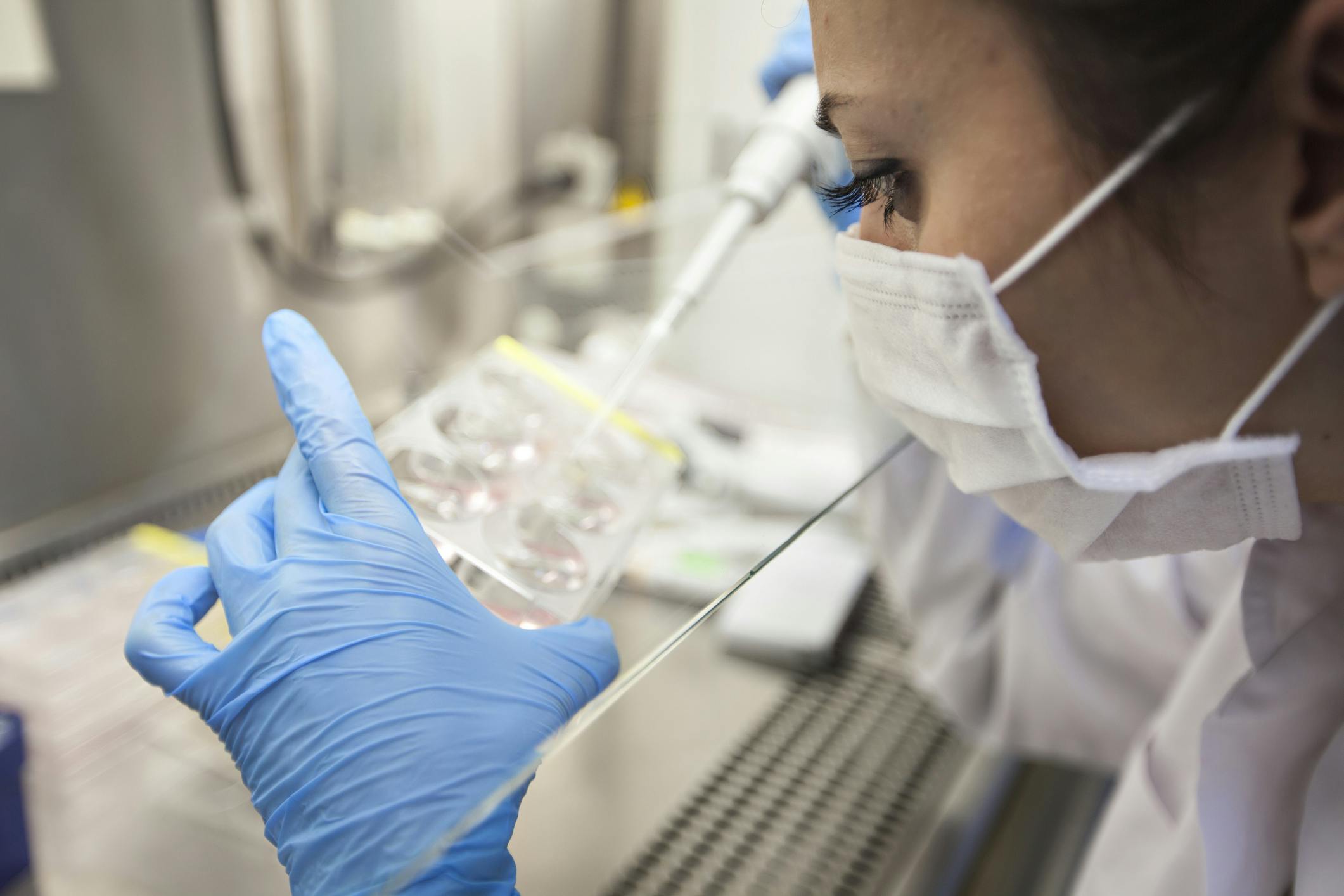
Understanding Breast Cancer Diagnoses

Breast Cancer is one of the most prevalent forms of cancer among women worldwide. In the United States, 1 in 8 women will develop breast cancer in their lifetime. Whether it’s from the news or family and friends, we’ve all heard about a breast cancer diagnosis. We wanted to shed some light on the various types of Breast Cancer and provide clarity on the terms you may be hearing:
Invasive Ductal Carcinoma (IDC):
IDC is the most common type of breast cancer, accounting for about 80% of all cases. It originates in the milk ducts but has invaded nearby breast tissue. Symptoms may include a lump or thickening in the breast or changes in breast size or shape. Treatment typically involves surgery, chemotherapy, radiation therapy, or a combination of these.
Invasive Lobular Carcinoma (ILC):
ILC begins in the milk-producing glands (lobules) of the breast and can spread to nearby tissues. It often doesn't form a distinct lump, making it challenging to detect through a breast exam or mammogram. Symptoms may include breast thickening or a change in breast size. Treatment options are similar to IDC and may involve surgery, radiation, or hormone therapy.
Triple-Negative Breast Cancer (TNBC):
TNBC is a subtype of breast cancer that lacks estrogen receptors, progesterone receptors, and HER2 protein. This makes it more challenging to treat since it doesn't respond to hormonal therapies or drugs targeting HER2. TNBC tends to grow and spread more quickly than other types, requiring aggressive treatment with chemotherapy, surgery, and radiation.
Inflammatory Breast Cancer (IBC):
IBC is a rare and aggressive form of breast cancer. It is identified by a dimpled condition of the breast skin which resembles the skin of an orange (called peau d’orange). The breast may appear red, and swollen, and may be mistaken for a breast infection. The diagnosis is typically made through a biopsy of the skin to examine the tissue for cancer cells. Treatment for IBC usually involves a combination of chemotherapy, surgery, and radiation therapy. Hormone therapy and targeted therapy may also be used.
HER2-Positive Breast Cancer:
This subtype of breast cancer overproduces a protein called HER2, which promotes the growth of cancer cells. HER2-positive breast cancers tend to be more aggressive but can be effectively targeted with drugs that specifically block the HER2 protein, such as trastuzumab (Herceptin) or pertuzumab (Perjeta), in addition to other treatments like chemotherapy and surgery.
Luminal A:
This subtype of breast cancer has receptors for estrogen and progesterone hormones. They do not have the HER2 protein and have low levels of Ki-67 (a protein that helps to control how fast cancer cells grow). They tend to be a less aggressive type of breast cancer and can have a better prognosis compared to Luminal B. They respond to both hormone therapy and chemotherapy and therefore both are often used as part of the treatment plan in addition to surgery and radiation.
Luminal B:
This subtype of breast cancer has receptors for estrogen, may or may not have receptors for progesterone, with typically high levels of the HER2 protein and high levels of the Ki-67 protein. Luminal B breast cancer is generally more aggressive with a poorer prognosis when compared to Luminal A. Treatment options may include surgery, radiation, hormone therapy, chemotherapy, and targeted therapies directed at HER2.
Regular breast self-exams, clinical breast exams, and screenings are crucial for early detection and prompt treatment. With the right choice and frequency of breast imaging, screenings, and early intervention when needed - we can make great strides in preventing a late stage diagnosis. Remember, early detection saves lives! Know your risk, and stay informed and proactive about your breast health.
Take your breast health into your own hands.
Start with Gabbi's risk assessment.
Shelly Beckley is a dedicated healthcare professional with a strong background in oncology and over a decade of experience as a nurse practitioner. She holds a Master of Science in Nursing from MGH Institute of Health Professions in Boston, with direct experience in cancer care and patient advocacy. Her broad scope in breast health spans from counseling women who are at high-risk to the diagnosis, treatment, and survivorship in breast cancer. Shelly is passionate about improving healthcare outcomes and plays an active role in quality improvement initiatives for cancer care. She also leads the clinical team at Gabbi, a leading healthcare company working to make late-stage breast cancer obsolete.